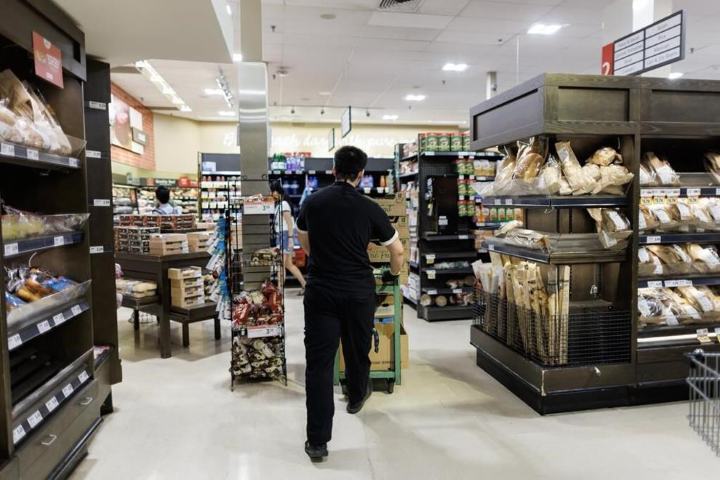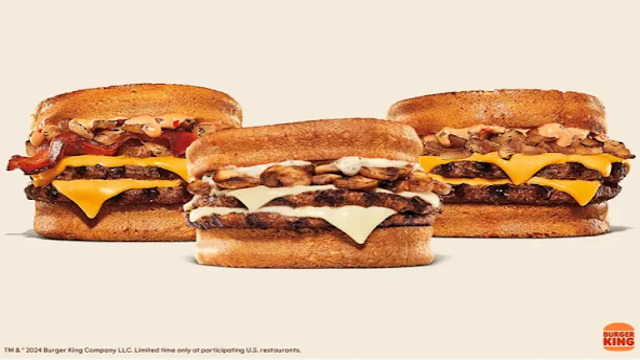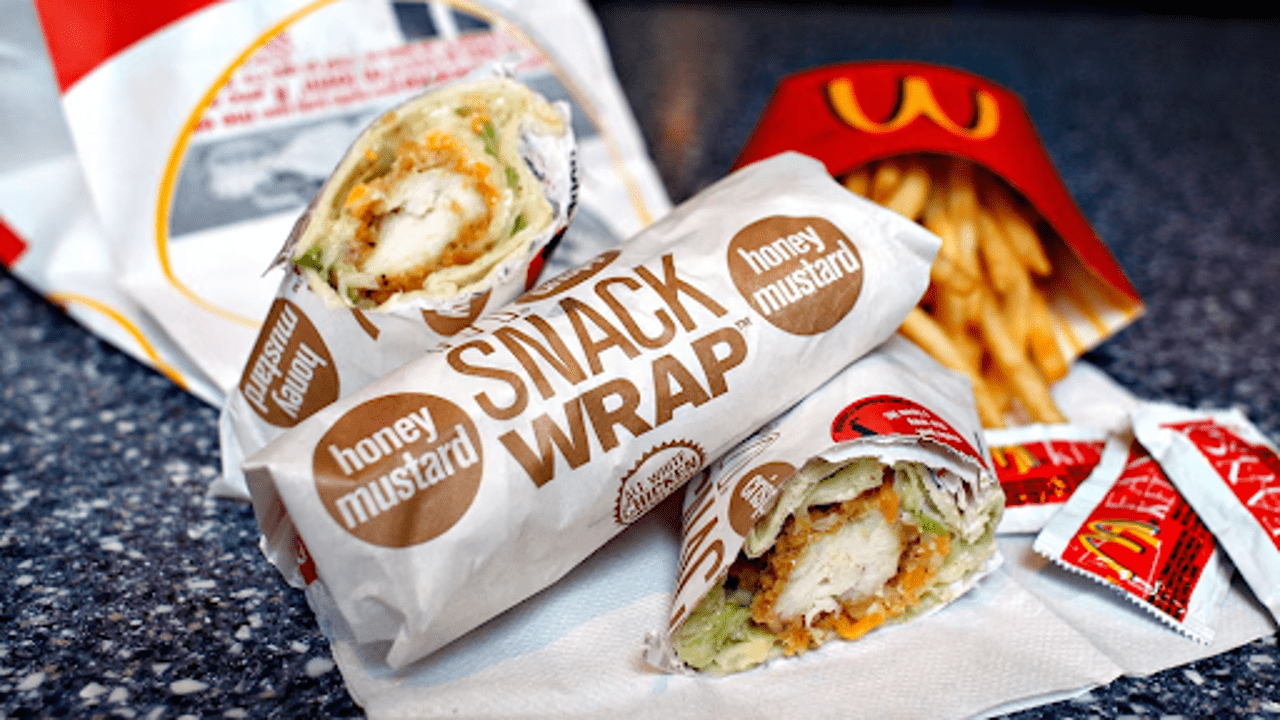
In new court filings, Metro Inc. is accusing Loblaw Cos. Ltd. and its parent company of conspiring to implicate Metro in an alleged bread price-fixing conspiracy. A worker walks around a Metro grocery store in Toronto, Tuesday, July 18, 2023. THE CANADIAN PRESS/Cole Burston
In a recent legal maneuver, Metro Inc., based in Montreal, has vehemently refuted allegations of its involvement in a purported bread price-fixing scheme. Instead, the grocer has pointed fingers at Loblaw Cos. Ltd. and its parent company, George Weston Ltd., accusing them of a calculated attempt to shift blame across the industry, thus diluting the perception that Loblaw singularly engaged in price-fixing.
Denying any wrongdoing, Metro has expressed distress over the unfounded portrayal of its alleged involvement in a criminal price-fixing conspiracy. It has further highlighted the consequential damage inflicted upon its reputation due to these false allegations.
Metro has filed a statement of defense and a counter-claim to the Ontario Superior Court as part of a class-action lawsuit representing Canadian residents, except those in Quebec, who purchased bread after November 1, 2001. This counter-claim also implicates former George Weston subsidiaries, Weston Foods (Canada) Inc. and Weston Bakeries Ltd.
The lawsuit encompasses various entities, including Loblaw, the Weston companies, Metro, Walmart Canada, Giant Tiger, and Sobeys, and its owner Empire Co. Ltd.
Responding to Metro's accusations, Loblaw's spokesperson, Catherine Thomas, dismissed the claims as baseless and vowed to address them in court. Similarly, Sobeys has refuted the allegations made against them.
Walmart Canada, through spokeswoman Sarah Kennedy, had previously denied any involvement in price-fixing or contravening the Competition Act. However, they remained silent regarding recent requests for updates.
Giant Tiger's spokeswoman, Allison Scarlett, reiterated the company's denial of participation or knowledge of the purported conspiracy.
The class-action lawsuit also involves bakery supplier Canada Bread Co., which was fined $50 million in June after admitting guilt to four counts of price-fixing under the Competition Act. Notably, this fine marked the highest-ever price-fixing penalty imposed by a Canadian court, as reported by the Competition Bureau.
In its statement of defense, Canada Bread denied engaging in a wide-ranging price-fixing conspiracy and stated that any anti-competitive actions were at the direction and advantage of its former majority owner, Maple Leaf Foods. Maple Leaf dismissed these claims as baseless and asserted ignorance of any misconduct by Canada Bread during its tenure as a shareholder.
Metro, in its defense and counter-claim, highlighted Canada Bread and the Weston defendants' dominance as suppliers of wholesale packaged bread during the class period. The grocer cited instances of price increases imposed by these entities, emphasizing its resistance and negotiations against such hikes.
Alleging that the Weston defendants aimed to avoid severe public backlash and protect their reputation by deflecting blame onto Loblaw, Metro claims significant reputational damage and seeks damages from the Weston entities for their alleged high-handed and callous actions.
The legal tussle emerges against the backdrop of an extensive Competition Bureau investigation into alleged bread price-fixing initiated in January 2016. Weston Foods and Loblaw had previously admitted involvement in an industry-wide price-fixing arrangement, securing immunity in exchange for cooperation.
The bureau alleged a $1.50 increase in the price of a loaf of bread during the 16-year conspiracy, underscoring the severity and impact of the purported price-fixing scheme.















